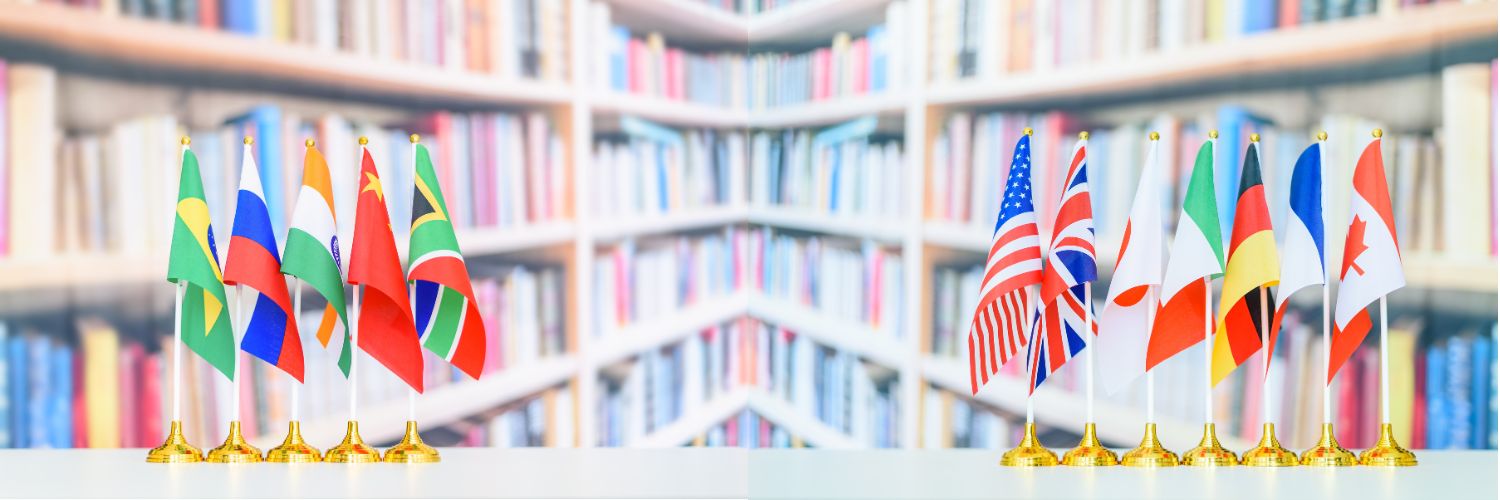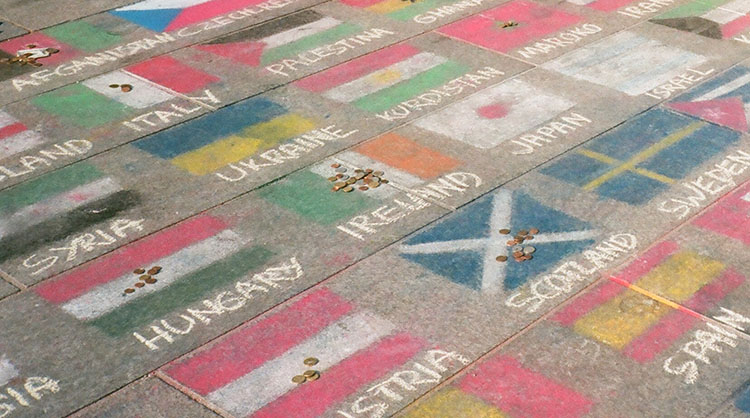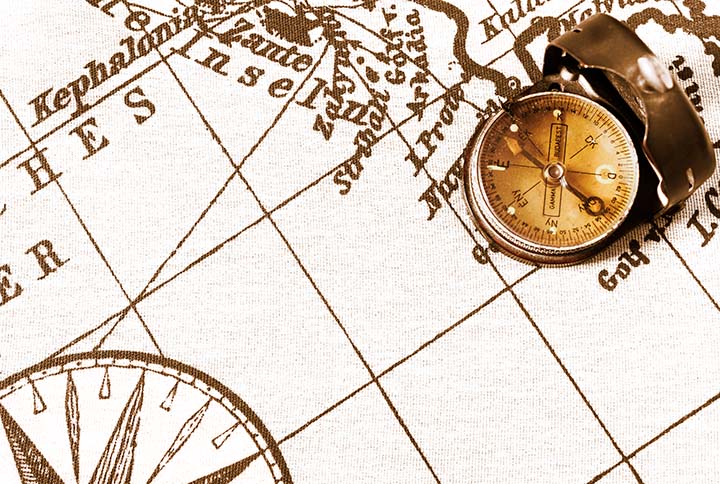

BRICS vs. G7: balancing power
The emerging countries that comprise the BRICS group are leading a geopolitical paradigm shift towards a fairer and more equitable global economic balance, as opposed to the dominance of the G7 in an increasingly multipolar world. While there is still a long way to go, the pillars of a new world order are being formed.
The geopolitical tug-of-war of recent years between East and West has revealed a paradigm shift that is becoming increasingly evident. Economic cycles and financial markets are becoming less and less centred on the US-dominated monetary system, giving way to alternatives that are rebalancing the map of global economic power.
In this context, Western hegemony is threatened by increasingly influential coalitions of emerging countries that, through their cooperation and competition, shape the global economic and political order to the detriment of a status quo of power that has hitherto regarded them as second-division players with no say.
Of course, the transition to a new world order will not be easy, nor will it happen overnight. It is a long process full of variables and challenges that, rather than drastically changing the existing international system, aims to reform and complement an outdated economic and geopolitical model that is out of touch with reality.
Xi Jinping, President of the People’s Republic of China, defined the strategy: “China, as a developing country and a member of the Global South, has always shared the same destiny with other developing countries, firmly defended their common interests and pushed to increase the representation and voice of emerging market countries. We need to abandon the Cold War mentality and bloc confrontation, oppose unilateral sanctions and go beyond small hegemonic groupings. No matter how much resistance there is, the BRICS countries, a positive and healthy force, will flourish.”
The voice of emerging markets
The Shanghai Cooperation Organisation (SCO), which addresses regional security issues, and institutions such as the Asian Infrastructure Investment Bank (AIIB), which focuses on economic issues, complement BRICS trade cooperation and are pieces of the same ecosystem designed to offer an alternative to alliances such as the G7.
You don’t have to be a guru of geopolitics to know that economic power decides who gets to call the shots on the global stage. In this sense, the BRICS+ account for 45% of the world’s population, contributing 25% of trade and 31.5% of global GDP.
This is less than the G7’s 43% of global GDP, but the gap will narrow as major BRICS countries, such as India, continue to grow at an above-average rate and as the alliance welcomes more members in the future.
It should be borne in mind that, although the Western bloc has more wealth, the emerging countries have more population and concentrate oil production. With the addition of Saudi Arabia, the United Arab Emirates and Iran, the BRICS more than doubled its members’ share of global oil production to 43 per cent.
Currently, many of the BRICS member countries have higher real GDP growth rates than their G7 counterparts. Moreover, according to Goldman Sachs, they are expected to achieve an average GDP growth rate of between 189% and 205% by 2050, compared to an average G7 growth rate of 50%.
In short, although much work remains to be done, it cannot be denied that the voice of the Global South is becoming louder and clearer on the world’s geopolitical chessboard. Therefore, the reform of institutions and mechanisms that are supposedly multilateral, but have so far favoured the Western geopolitical bloc, seems inevitable in the face of a more balanced distribution of global power.
If you want to discover the best option to protect your savings, enter Preciosos 11Onze. We will help you buy at the best price the safe-haven asset par excellence: physical gold.
Leave a Reply
You must be logged in to post a comment.





Els EE.UU. es creuen els amos del món. Ja els hi va bé que algú els freni.
Cert, però això sòl passar, se’n diu influència i poder sobre dels altres…, i és que d’una manera semblant, en el seu dia potser també s’ho pensaven els vikings, els grecs, els romans, els anglesos i la corona de Castella… Moltes gràcies pel teu comentari, Jordi!!!